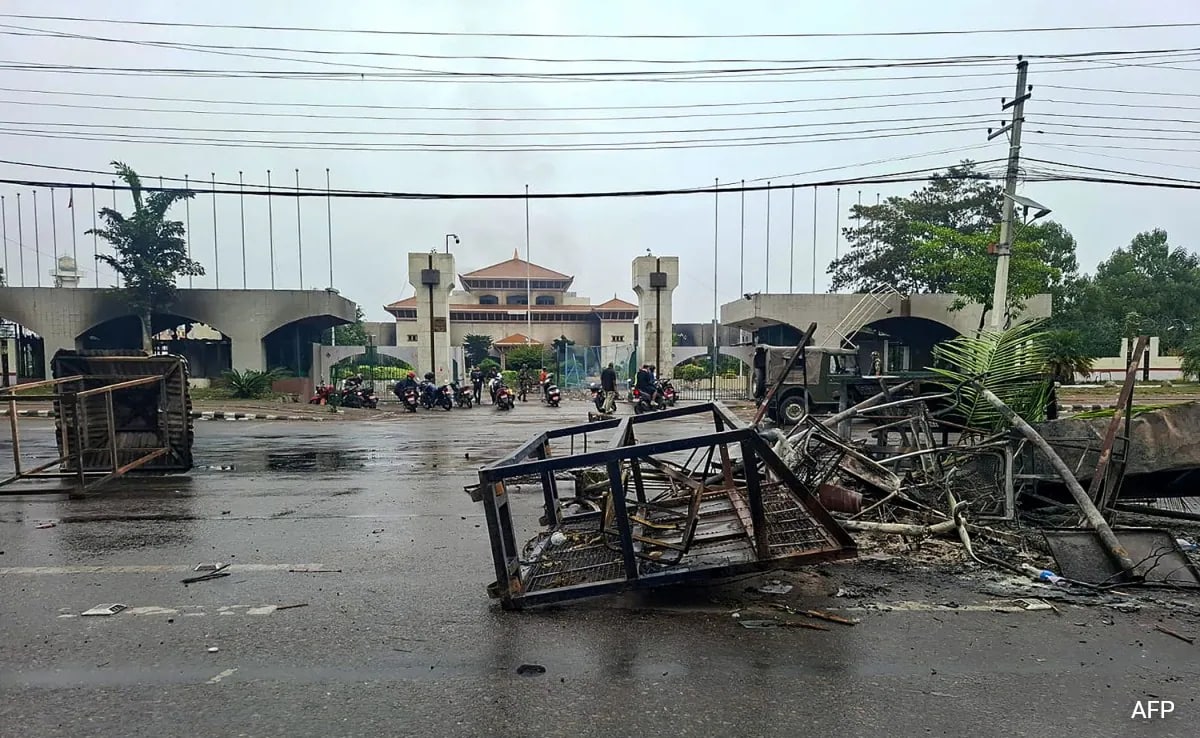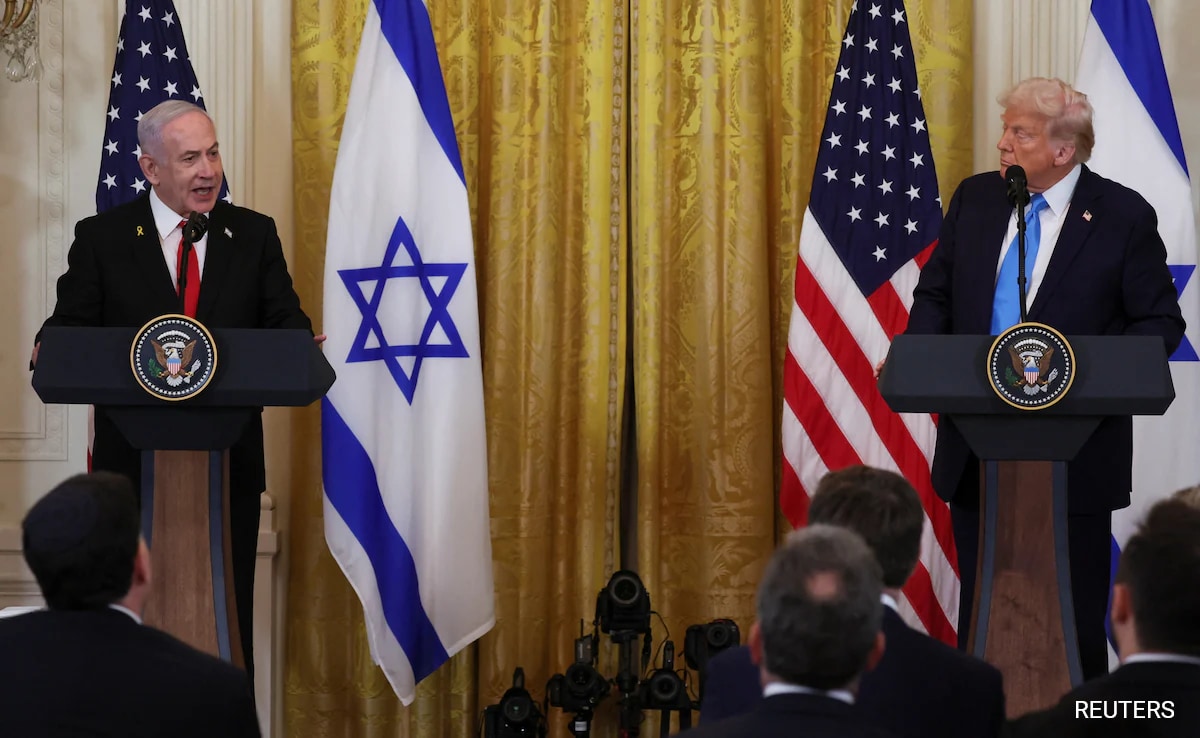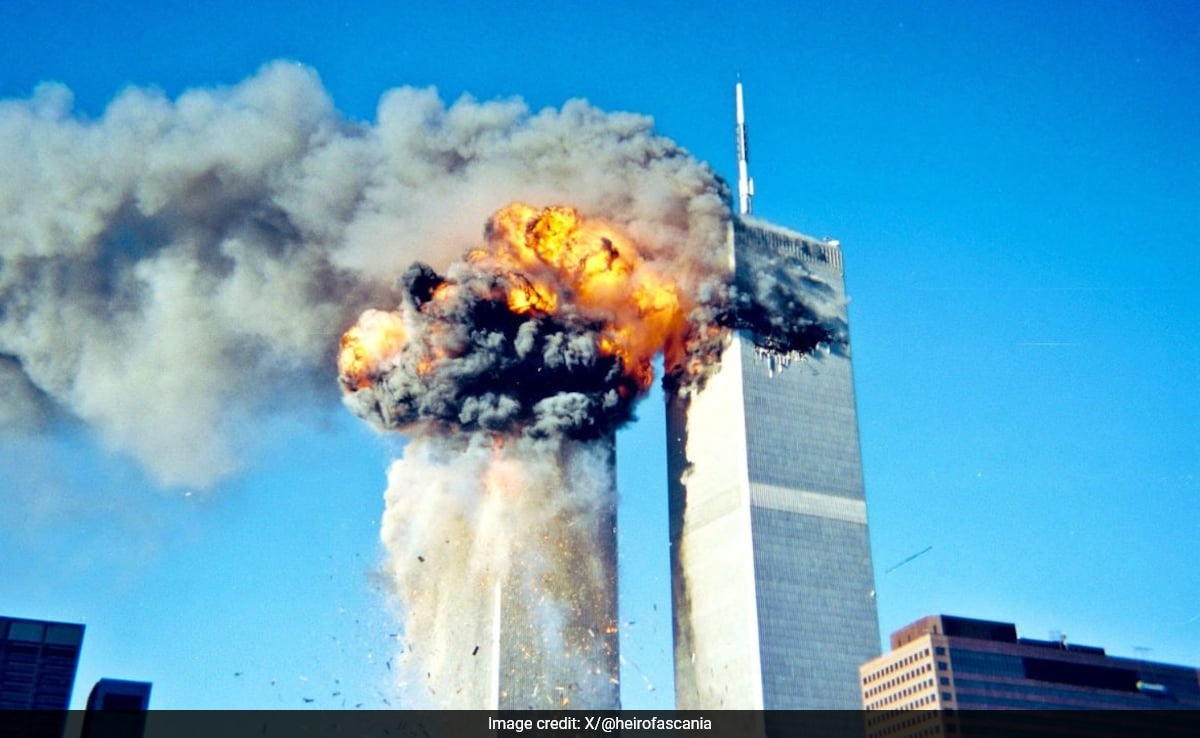Putin said he supports the Cabinetâs proposal to introduce a nonworking period starting Oct. 30 and extending through the following week, when four of seven days already are official state holidays. In some regions where the situation is the most threatening, he said the nonworking period could start as early as Saturday and be extended after Nov. 7.
âOur task today is to protect life and health of our citizens and minimize the consequences of the dangerous infection,â Putin said in a video call with top officials. âTo achieve that, itâs necessary to first of all slow the pace of contagion and mobilize additional reserves of the health care system, which is currently working under a high strain.â
Russiaâs daily coronavirus mortality numbers have been surging for weeks and topped 1,000 for the first time over the weekend amid sluggish vaccination rates, lax public attitudes toward taking precautions and the governmentâs reluctance to toughen restrictions. Only about 45 million Russians â roughly a third of the countryâs nearly 146 million people â are fully vaccinated.
The nonworking period should help limit the spread by keeping people out of offices and off crowded public transportation, but Moscow and many other cities havenât curbed access to restaurants, cafes, bars, movies and gyms.
When the Cabinet proposed the measure Tuesday, many Russians rushed to book flights to Black Sea resorts to take advantage of the break.
While the nonworking period should help limit the spread by keeping people out of offices and off crowded public transportation, Moscow and many other cities havenât curbed access to restaurants, cafes, bars, movies and gyms. When the Cabinet proposed the nonworking period Tuesday, many Russians rushed to book flights to Black Sea resorts to take advantage of the break.
Deputy Prime Minister Tatyana Golikova, who leads the government coronavirus task force, emphasized Wednesday that the nonworking week should imply limiting access to restaurants, movies and other entertainment venues, adding that authorities in each region will be expected to impose restrictions.
It wasnât immediately clear what private businesses would be required to stop working in line with Putinâs decree in addition to state workers and employees of state-owned companies. During a similar measure early in the pandemic, many private and state-owned companies in âvitalâ sectors of the economy were allowed to keep operating.
The Cabinet has drafted measures on compensation to businesses to help absorb the economic blow, including one-time payments equivalent to a minimum monthly pay per worker and low-interest credits.
In urging Russians to get the shots, Putin said âitâs a matter of your life and health and the health of your dear ones.â
âThere are only two ways to get over this period â to get sick or to receive a vaccine,â he said. âItâs better to get the vaccine. Why wait for the illness and its grave consequences? Please be responsible and take the necessary measures to protect yourself, your health and your close ones.â
The Russian leader, who received the domestically developed Sputnik V vaccine earlier this year, said heâs puzzled to see hesitancy about vaccines, even among his close friends.
âI canât understand whatâs going on,â Putin said. âWe have a reliable and efficient vaccine. The vaccine really reduces the risks of illness, grave complications and death.â
Even though Russia in August 2020 became the first country of the world to authorize a coronavirus vaccine and vaccines are plentiful, Russians have shown a reluctance to get the shots, a skepticism that has been blamed on conflicting signals from authorities.
While extolling Sputnik V and three other domestic vaccines, state-controlled media were often critical of Western-made shots, a message that many saw as feeding public doubts about vaccines in general.
In some regions, mounting infections forced authorities to suspend medical assistance to the population as health care facilities were forced to focus on treating coronavirus patients.
Kremlin spokesman Dmitry Peskov admitted that the situation is âvery sad,â noting that the level of vaccination in those regions was particularly low.
Until now, the Kremlin ruled out a new nationwide lockdown like the one early in the pandemic that dealt a heavy blow to the economy and sapped Putinâs popularity, empowering regional authorities to decide on local restrictions, depending on their situation.
Many of Russiaâs 85 regions already have restricted attendance at large public events and introduced digital codes proving vaccination or past illness for access to restaurants, theaters and other venues. Some have made vaccinations compulsory for certain public servants and people over 60.
In Moscow, however, life has continued as usual, with restaurants and movie theaters brimming with people, crowds swarming nightclubs and karaoke bars and commuters widely ignoring mask mandates on public transportation even as ICUs have filled in recent weeks.
Medical workers expressed bewilderment over the vaccine skepticism. âI think about sleepless nights when we get a huge number of patients who didnât even bother to use banal protective means,â said Dr. Natavan Ibragimova of Moscowâs Hospital No. 52, where an ICU was filled to capacity.
Moscow Mayor Sergei Sobyanin said unvaccinated people over 60 will be required to stay home. He also told businesses to keep at least a third of their employees working remotely for three months starting Oct. 25.
Dr. Catherine Smallwood, the COVID-19 incident manager at the World Health Organizationâs European branch, said vaccination levels at or below 30% in Russia and eastern European countries like Bulgaria and Romania were âparticularly concerning.â
âItâs very clear that in countries that have lower vaccine uptake, thatâs where weâre seeing the serious pandemic effects at the moment in terms of deaths and people ending up in hospital,â she said.
The government task force has registered a total of more than 8 million infections and its official COVID-19 toll ranks Russia as having the fifth-most pandemic deaths in the world behind the United States, Brazil, India and Mexico.
However, state statistics agency Rosstat, which also counts deaths in which the virus wasnât considered the main cause, has reported a much higher pandemic death toll â about 418,000 people with COVID-19 as of August. Based on that number, Russia would be the fourth hardest-hit nation, ahead of Mexico.
___
Associated Press writers Jamey Keaten in Geneva and Kostya Manenkov in Moscow contributed.
___
Follow APâs pandemic coverage at https://apnews.com/hub/coronavirus-pandemic
.png)











 English (United States) ·
English (United States) ·  Turkish (Turkey) ·
Turkish (Turkey) ·